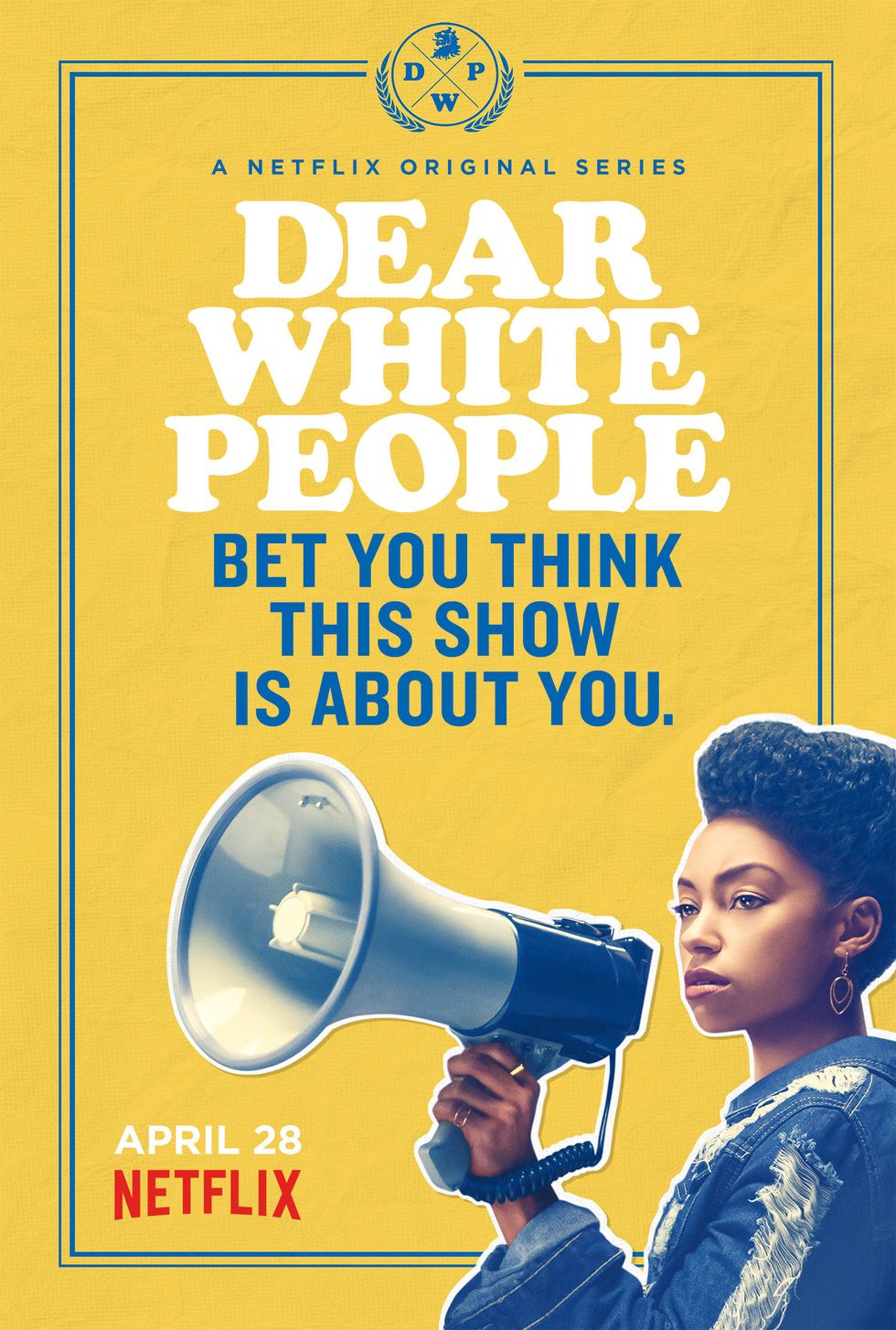Netflix recently released a show exhibiting some of the tensions faced by minority groups, especially from those in the black community. The show is masterfully crafted to represent the students actively fighting for the black image society. On top of the activism, we perceive some insight into stereotypes within the community as well as a portrayal of college-aged students figuring out their sexuality, their place in the social strata, and most of all their reputations. At the heart of the show, this show basically shows the struggles of black students in a prestigious institution having “normal college student problems”.
Along with this image, the show manages to convey the messages regarding the black image in black communities on campus. The premise of the show centralized on two college parties: one that attempted to racially appropriate black culture and another that had left a black student unjustifiably held at gunpoint. As a result of these parties, many college students congregated to address the issue of this appropriation among the other racial on-campus tensions. Though the prestigious institution has a fair amount of diversity, it does not dismiss racism. As aforementioned, along with the upheaval, we observe some of the struggles and the psyche of several students. Often time when you group people to a certain racial stereotype such as Black, Latino, Asian, or White, you begin to dismiss the individual. For example, there are characters that explore their sexuality, their manhood, their womanhood, their fears, and lately their image within the black community. One of the students is in love with a white man, and there is some stress within that dynamic. Another student was held at gunpoint by campus police for not immediately showing their ID. The trauma from that scene sets a foundation for further dialogue on this show.
Among the many intriguing attributes of this show, I found it most funny that there needed to be a show that humanized black people. This intention in and of itself presents a problem in the societal outlook of black people. Folks, black people are not any different. They are “in fact” human. It seems ludicrous to say this, but it makes me ponder if the increased amount of black victims in these heinous police shootings could be attributed to the fact the black people are not seen as human.
Not only does it point to political aspects of racism, the show attempts to indirectly relay the lack of diversity in entertainment roles for minority groups, or typecasting. This often involves the following: funny black sidekick, or in Samuel Jackson’s case, the hard-ass negative character, the Asian nerd, and the hyper-sexualized, non-English speaking Latino. The list continues when it comes to Hollywood choosing a certain group of people to play certain parts. Without a doubt, typecasting exists, as we know that many white people can access opportunities to portray versatile roles. As most of us watch what world television shows us, we often keep those stereotypes in mind and have a set preconceived notion of certain people based off of this exposure. According to Logan Browning in a recent interview with CNN, who portrays Sam White on “Dear White People”, "I think what writers are doing is taking this idea where networks want ethnicity and diversity and they're taking the opportunity to broaden it and make [characters] not so one-note and simple.” If you are looking for a show that has the multidimensional characterization of a certain minority group, I would recommend you watch this one.
Many of you who have watched it and may already know the internal struggles of the show, probably have strong feelings about the portrayal. In no way does it demonstrate a true portrayal of the struggles that many black communities are facing. As a person who is not too familiar about the emotional upheaval behind activism, I can safely say that the show had an honest portrayal of multidimensional characters and their respective struggles.
















